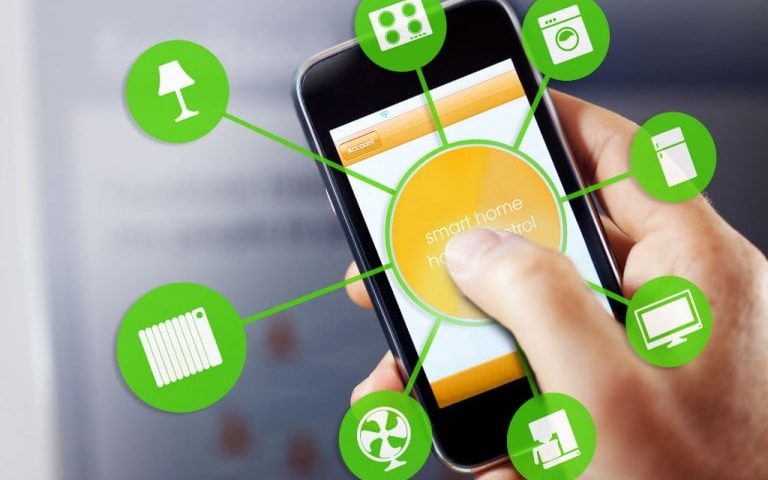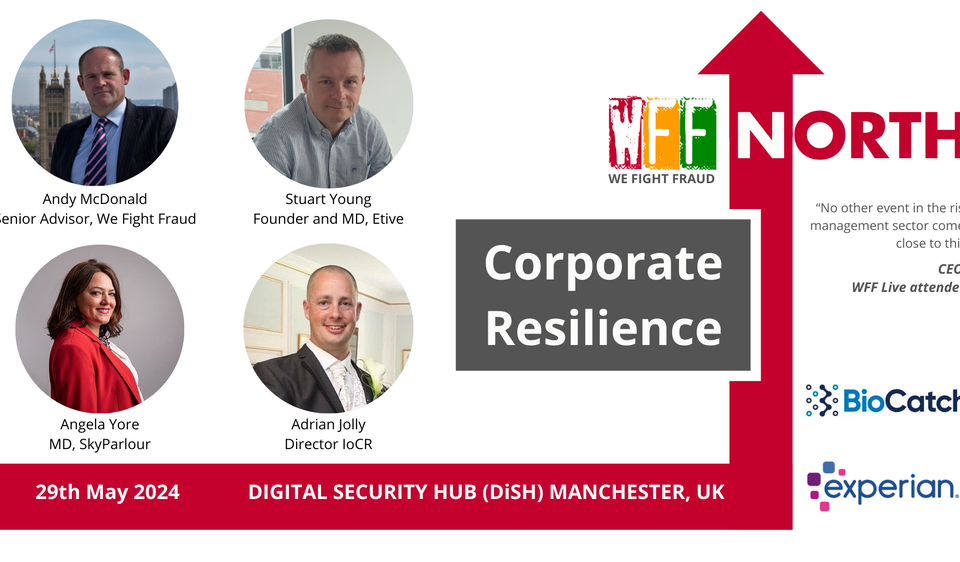
Digital transformation: meeting the needs of customers?
‘Digital transformation’ seems to be the latest incantation of digital inclusion and what organisations are doing in order to better meet the digital needs of their customers and their business. Whilst both of these needs go hand in hand, and are reliant on each other, I often wonder who has priority – the customer or the business?
All too often we see how the implementation of new technology is supposed to change and transform the way we work with each other and our customers and help us meet our business targets. Yet I wonder, if we put the needs of the business over the needs of our customers will any strategy not be doomed to fail and not meet our targets?
I read a great article on Digital Transformation which highlighted that ‘technology by itself does not transform a company. Successful digital transformation is primarily determined by the degree to which people are empowered to actively embrace constant change as an opportunity for growth and innovation.’ (Dufft 2015).
I think as organisations adopt their own digital transformation strategies they must put their customers at the heart of their strategy by giving them the tools to empower them to manage their own data. This will also help customers overcome the concerns they have with organisations holding their data and the security around this. We know that if people feel in control and can manage their own information they will feel more confident in sharing it and arguably the quality of the information will be much better thus providing a business benefit anyway.
Giving people control of their own data has led to the growth in the personal data economy where people have come to appreciate the value of their information and their ability to share this with whom they choose, not the other way round. Empowering people to manage and share their data with public and private organisations will help drive out further business efficiencies and business opportunities, for both the public and private sector. It was in our own research that I came across a great new phrase ‘the Internet of me’, something I think worth considering in our own digital transformation plans.



